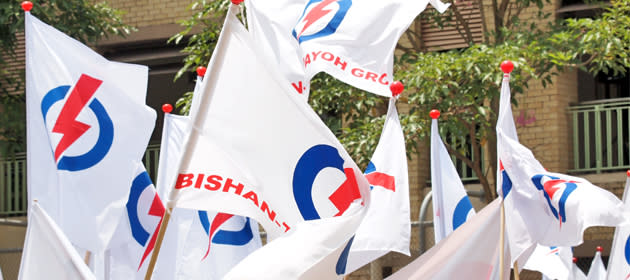Will there be a transformation?

COMMENT
By PN Balji
Those who know Minister for Foreign Affairs George Yeo will tell you that he chooses his words with care, wisdom and precision. So when he called for a "transformed" People's Action Party (PAP) during one of his election rally speeches, you knew that his choice of word was deliberate; he was not calling for a simple change but something much more.
The 2011 General Election showed that the ruling party apparatus had grown such that it was finding it difficult to understand the ground well enough, and failing to push a clear and cohesive message. Even its reputation for picking candidates with unimpeachable track records was thrown open to question.
For those who might argue that this is all conjecture, here is the evidence: The PAP's share of the popular vote was barely a whisker above 60 percent, a group representation constituency (GRC) fell for the first time, some heavy-weight ministers recorded less than impressive margins and the Workers' Party made significant inroads in all the constituencies it had fought.
Will Mr Yeo's call for transformation be heard and acted upon or be lost in the wilderness? Let us look at what happened after the 1984 and 1991 General Elections. After the 1984 poll, when the PAP's share of votes went below 70 percent for the first time, there were calls for the party to listen to Singaporeans and the Feedback Unit was formed. Seven years later, in the election of 1991, the need for change was mentioned again as the PAP lost three more seats. Now we are in 2011 and the party will be engaged in, as the Prime Minister put it, "soul searching".
I can hear voices sympathetic to the PAP saying that a victory is a victory, and that taking 81 out of 87 constituencies is a proud achievement by world standards. So instead of a transformation, let's isolate the problem and remedy it. You don't need a bulldozer to move a pebble, the argument will go.
The PAP is a monolithic organisation with various motivations, interests and ideas. Convincing all the key players why an issue that goes to the heart of how the party functions and performs should be discussed, let alone be dealt with, would be like getting an aircraft carrier to change course when no storm is in sight.
A transformation needs an advocate. And with Mr Yeo not having the cachet after losing Aljunied GRC, who else can articulate and drive that change?
As we ponder the question, we can ask another: Where else can it come from?
There are two other sources, both outside the established order.
One, the people: They have to keep the momentum going by engaging the policymakers and politicians more openly and substantially via the media, meet-the-people sessions and public forums. The think-tanks, which mainly focus on affairs outside Singapore, can get into the act by engaging the community on issues that matter.
Two, the opposition: The time has come for them to make that push into national issues. Mr Low Thia Khiang is transitioning from a municipal politician into a national one. It has taken him a long while, nearly 20 years.
And with all the opposition parties showing how it is possible to adeptly utilise the online world this General Election, the biggest communication barrier — that your message has to go through a middleman — is disappearing.
For the time being, all eyes will be on the Workers' Party. How they will perform in Parliament, what ideas they have to improve the lives of Singaporeans, how they will join debate with politicians on the other side of the divide — will show the kind of First World Chamber they have been talking about during the nine days of campaigning.
Will all these happen? For a change, the optimist in me says: Yes.
P N Balji is the director of the Asia Journalism Fellowship, a joint initiative of Temasek Foundation and NTU. He is also the former CEO and editor-in-chief of the TODAY newspaper.

